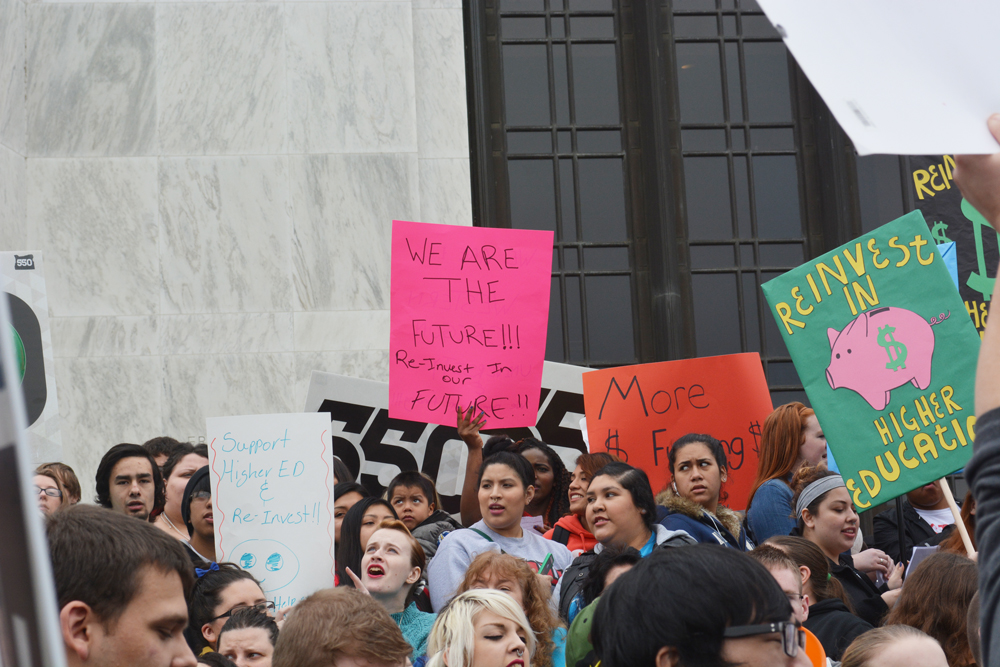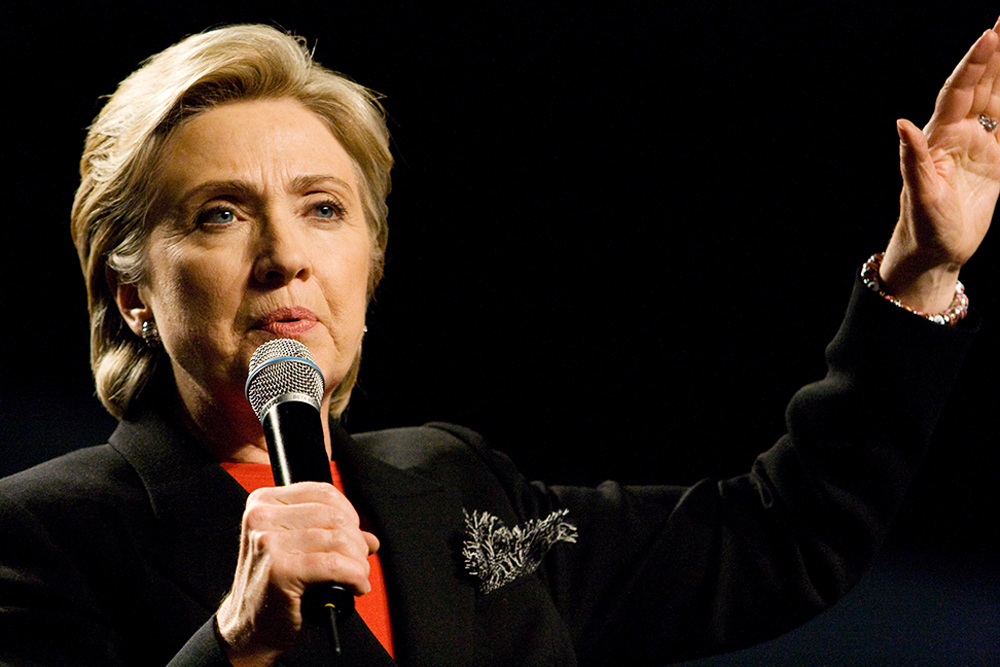People, myself included, have already started shifting their focus and rampant speculation to the presidential elections, even though it’s only May of 2015. As big and entertaining as presidential races are, some of the most important things happening in 2016 will be at a local level. It’s time to start paying attention to state politics, because they’re probably going to affect us more than whoever sits in the White House for four years.
States take action on issues that take Congress years to address or are sometimes never addressed at all. The last year has been huge for marriage equality and marijuana legalization, the two pet issues of college-aged voters everywhere. Marriage equality in the U.S. went from being a fringe issue to a mainstream issue in a matter of years. That happened because of states.
It took Oregon a couple tries to legalize same-sex marriage, but we were still one of the first. National narratives and movement existed around the issue, but the sustained work of organizations like Basic Rights Oregon got the issue on the ballot and ensured that people actually came out to vote. This week, Gov. Kate Brown signed Senate Bill 941, requiring background checks on private gun sales.
Let’s be honest, a big part of the reason we care about national politics and the presidential election is for the narratives and drama that they create. Not only are state issues just as important, if not more important, than state politics, they have just as much drama and excitement as national politics. As SB 941 was being debated, the Capitol was packed with open-carry gun rights supporters who loudly and frequently interrupted meetings, creating an atmosphere of palpable stress and tension for everyone in the building. Three of Oregon’s recently elected legislators are in the middle of recall fights initiated by Second Amendment groups. Oregon politics are filled with tons of scandals and stories way more interesting than Kitzhaber’s resignation.
Creating change on the local level is also easier than at the national level. We see big demonstrations and marches at the White House or in the National Mall all the time, but when you march hundreds of people to a city council meeting and park them in the state capitol all day, you get a lot more bang for your buck.
Personal stories mean more at this level. Three hundred people, most of them Latino students, packed the state capitol in February of 2013 for tuition equity, a bill that legislators had been trying to pass since 2003. Their testimony and presence persuaded tearful legislators to finally pass the bill, which allows undocumented Oregon residents to pay the same tuition rate as in-state students.
In 2012, my capstone class developed a proposal called Pay It Forward and pitched it to legislators. It was introduced as a study bill in the 2013 legislature, and now, two years later, the legislator is scheduled to vote next month on a Pay It Forward pilot program that would provide debt-free higher education to 1,000 Oregon students and evaluate the long-term feasibility of instituting that program across the state. Twenty-five other states are in the process of starting similar legislation.
In 2016 we’ll vote on the president, but we’ll also be voting for a host of issues and candidates who will shape the course of our state’s future. The minimum wage bill that Sen. Peter Courtney decided he didn’t want to see passed is already on its way to the ballot. It’ll also be a year where the Independent Party of Oregon, one of the only minor parties to achieve major party status, has to start fielding its own candidates instead of cross-nominating ones from Republicans and Democrats.
As the year progresses, while you enjoy Ted Cruz and company fighting it out and Hillary Clinton running rapidly toward the left to negate Bernie Sanders, don’t forget that some of the most important stuff is happening here at home.






